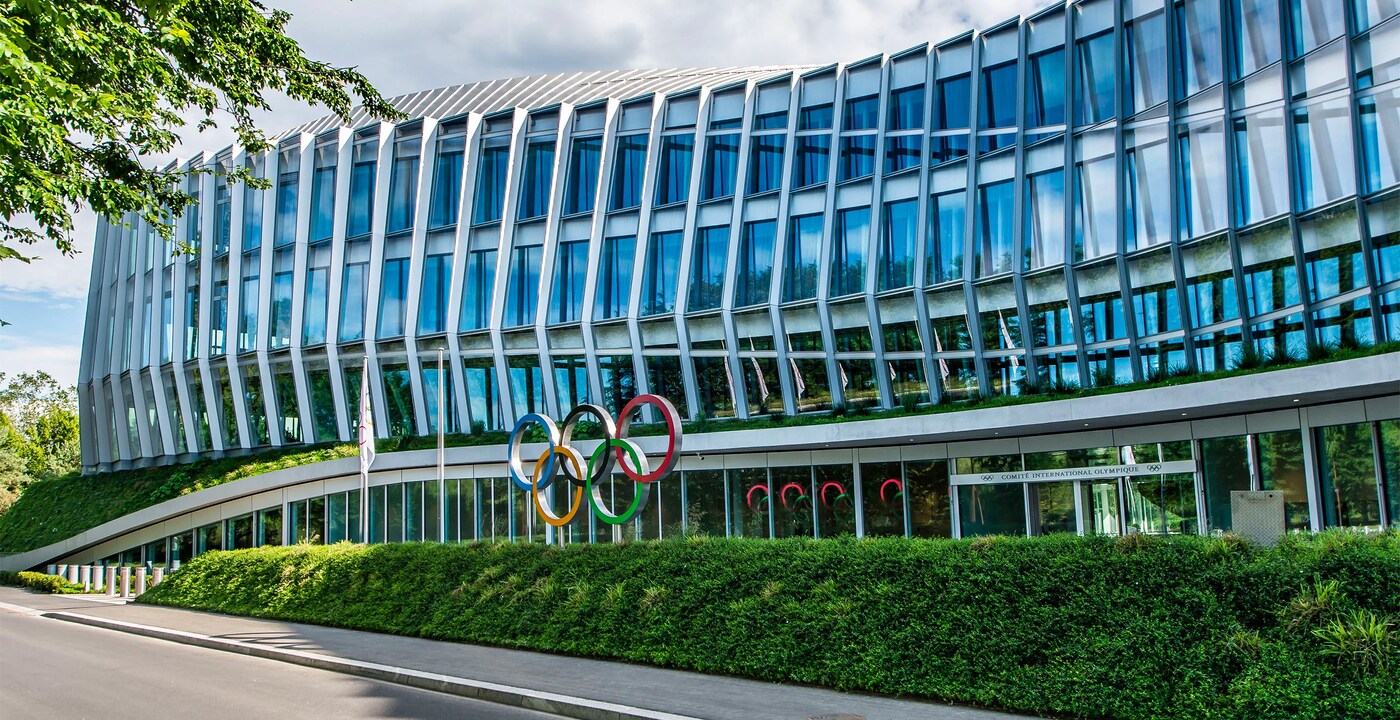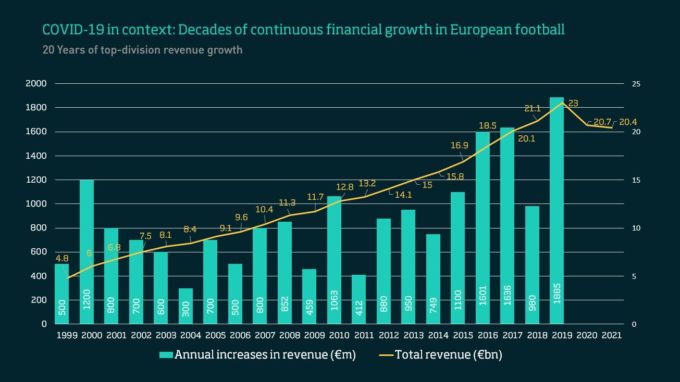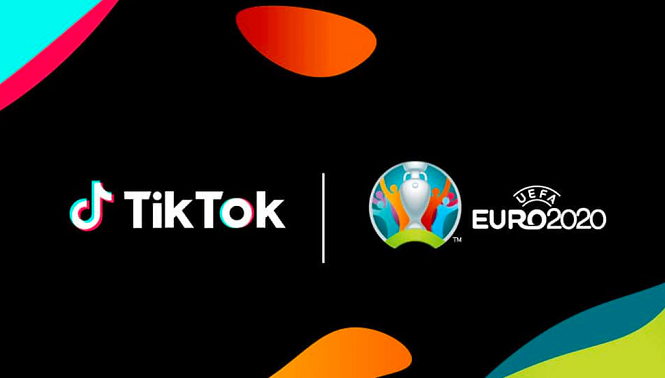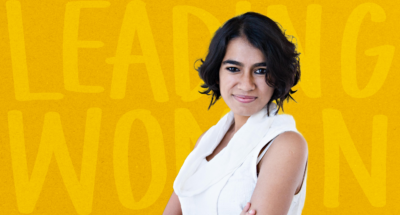Future-proof your organization
The experiences of UEFA and the IOC offer valuable lessons for all organizations.
Make innovation integral to strategy
Innovation does not happen by magic. It is 99% about process. That means putting in place the right team, governance and structures to create a culture of innovation that has support from the top and enough resources to succeed.
To support the delivery of its 2109-2024 strategy, UEFA set up its “Innovation Hub” to cultivate creativity, and connect with, and curate, an ecosystem of diverse partners. This has already had a tangible impact, ranging from a rethink of its match command centre to tackling unconscious bias in the recruitment and promotion process.
Grow and empower ecosystems
Are you fostering relationships with actors beyond the walls of your firm to stimulate your appetite and capacity to innovate? UEFA and IOC both have extensive networks, from member associations and commercial partners to fans and athletes, to draw ideas from – and they have created specific processes to tap into those spheres and to enable them to contribute new ideas and solutions. UEFA’s Innovation Hub facilitates open challenges, strategic partnerships and clusters, such as the Reimagine Football initiative with football organizations in the Netherlands.
The crisis of COVID-19 created much financial stress for sports organizations around the world. In response, the IOC called on the entire Olympic family to brainstorm solutions that would help to find cost efficiencies, with 180 measures to save money being identified.
As the Tokyo Olympics neared this year, and faced with the prospect of spectator-free events, the organization also convened a special working group to come up with new ways to bring the outside world into the stadium and to broadcast the emotion of the competition to global audiences.
Try, fail and learn
From BMX and transforming the linear organizational journey at the Olympics to embracing new technology in sporting rules and UEFA’s “return to play” protocol, a willingness to support experimentation and creativity without fear is vital. Not all ideas will work out. In fact, most don’t – but giving people the confidence to try and fail will bear fruit.
The IOC’s Youth Olympic Games is a perfect platform for testing new ideas. This event, with less scrutiny, provides a safer space to experiment and tweak solutions for future Olympic events.
In its efforts to grow the women’s game, UEFA is experimenting with a different model to connect with audiences through a partnership with new brand partner DAZN and YouTube for the UEFA Women’s Champions League, with the aim to provide content that is available at any time on any device via a global tech giant and to grow the fanbase for women’s football.









